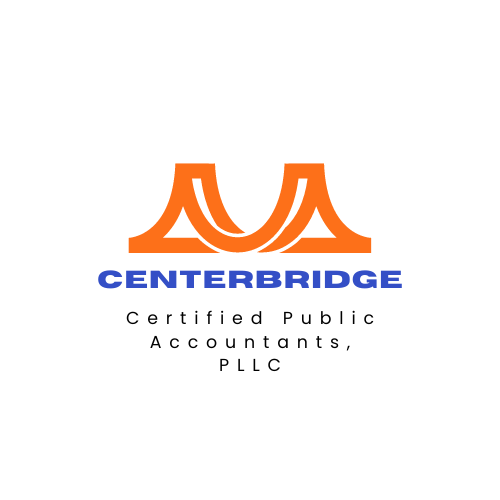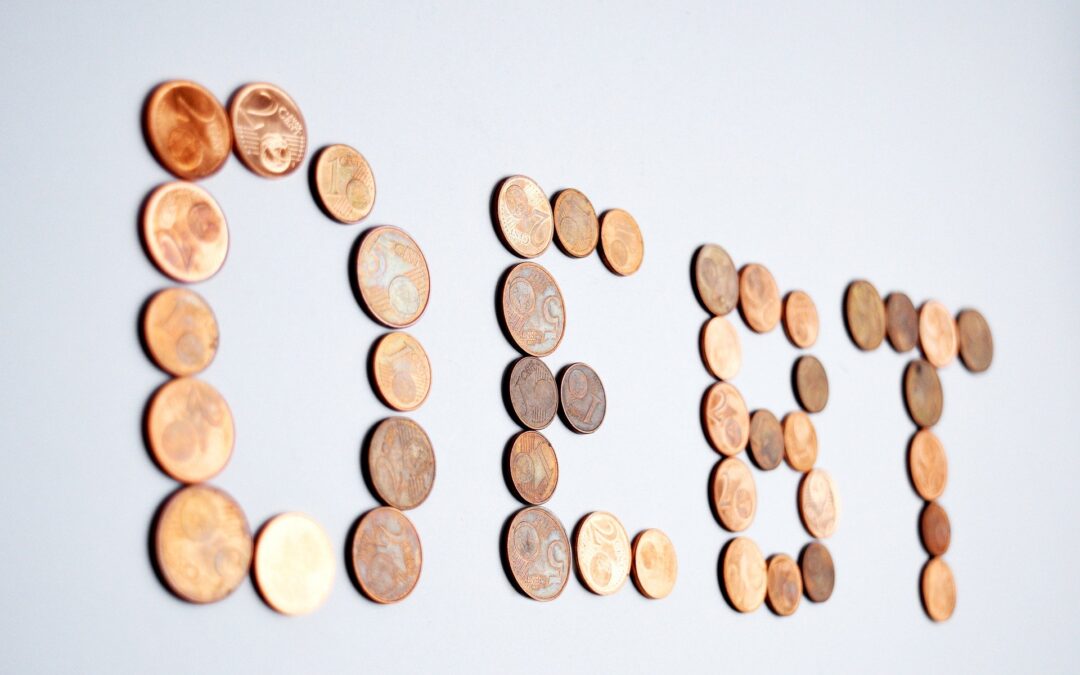The Answer Might Surprise You
A debt consolidation loan can be outstanding if you avoid the disadvantages. You can pay off many debts at once, leaving you with just one loan payment each month. If you use a home equity loan to consolidate those debts, your interest rate will also be lower. Depending on the length of the loan, you could save a lot of time and money as a result.
The unsecured loan options are the offers you usually get in the mail from various finance companies. In most cases, they advertise a low rate which shoots up to a rate that’s even higher than most of your current debts’ rates if you’re ever late on a payment. It’s best to avoid this type of consolidation loan if at all possible.
For this reason, our discussion will be limited to secure options, like home equity loans.
Pros
- A single payment. It’s simpler and more convenient to make a single monthly debt payment. You can even easily arrange to deduct the funds from your bank account each month. This can be a real advantage if you struggle to stay organized.
- A lower interest rate. If the loan is being used to pay credit card debt, the interest rate can be much, much lower. Since your home secures a home equity loan, the interest rate is about the best you’re ever going to find.
- Lower payments. The lower interest rates coupled with the typically more extended loan period will result in lower payments, possibly much lower. For your best long-term savings, though, set up the loan payback period to as short a time as you can.
- A single creditor. If you ever run into challenges with making your payment, there is only one creditor to deal with. You no longer have to get on the phone and call many different creditors to try and straighten things out.
- In most cases, your home equity interest is tax-deductible. Do your research to see if this tax break applies to your situation. This is much better than paying interest on your credit cards.
Cons
- The potential for more outstanding debt. It can be hard to avoid the temptation to start charging items to your credit cards once the balances are paid off with the consolidation loan. As you can imagine, this can be a severe challenge as your balances climb again. Don’t make your situation even worse.
- The length of the loan. This is manageable, but people frequently take out a loan anywhere from 10 to 25 years. This dramatically increases the total amount you’ll pay in interest. Avoid getting a loan for a more extended period than you need; you can negate many of the loan’s advantages.
- Your house is at risk. Do you know what happens when you don’t pay your credit cards? You get many phone calls and nasty mail, and there is a very slight chance you’ll be sued a few years down the road.
- Do you know what happens when you don’t make your payments on your home equity loan? They come after your house. You got that great interest rate because your house served as collateral for the loan. Your house is genuinely at risk if you don’t live up to your loan obligations.
Home equity debt consolidation loans can be outstanding if you have the self-discipline to:
- Borrow only what you need.
- Avoid incurring more debt.
- Keep the payment period as short as you possibly can.
- Make your payments on time.
If you can do all these things, a debt consolidation loan can save you a lot of money and grief in paying off your debts. As with any financial service, be sure to look around for the best rates before you take the plunge.

Avoid The Critical Financial Mistakes Made By Real Estate Pros
Failing in the financial basics will doom your business. Get our free e-book "The Real Estate Pro's Guide to Financial Success" to see if you are set up for success.

